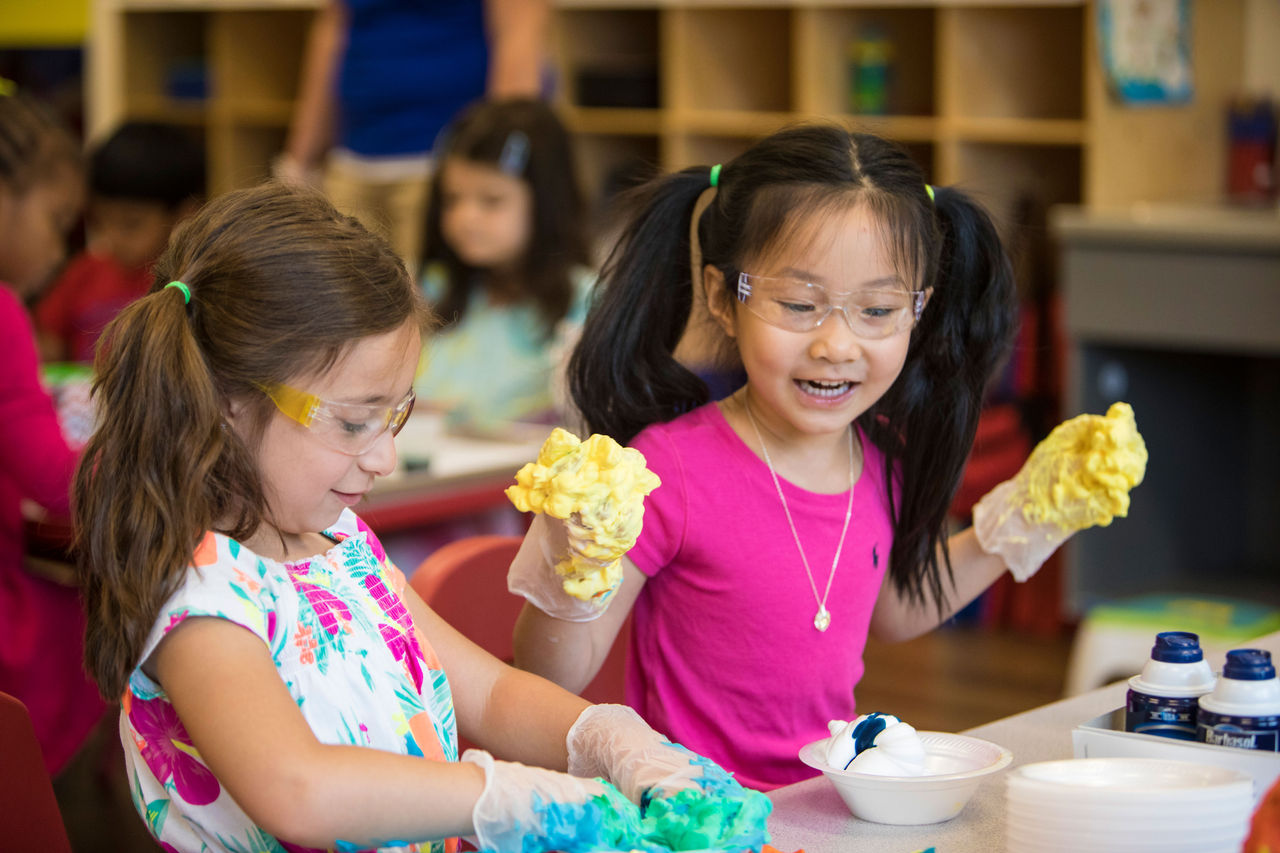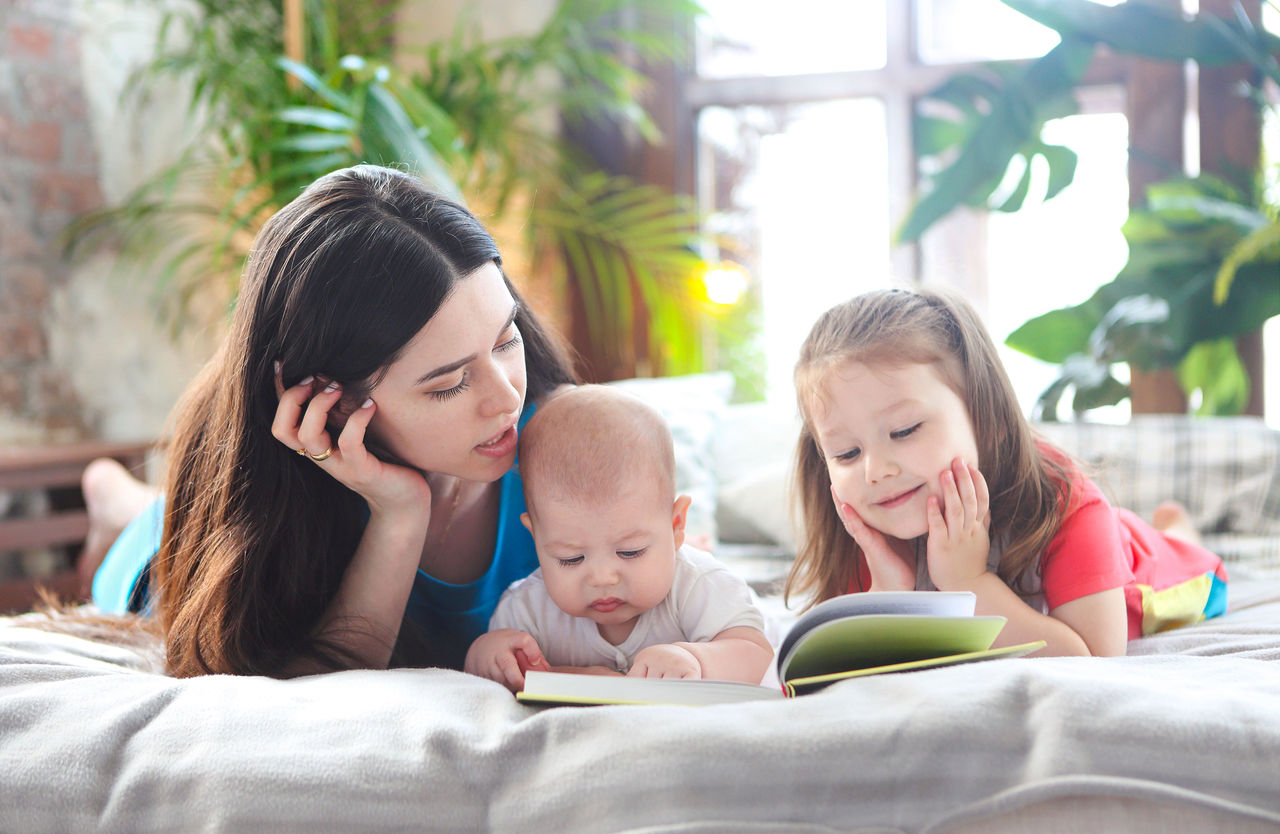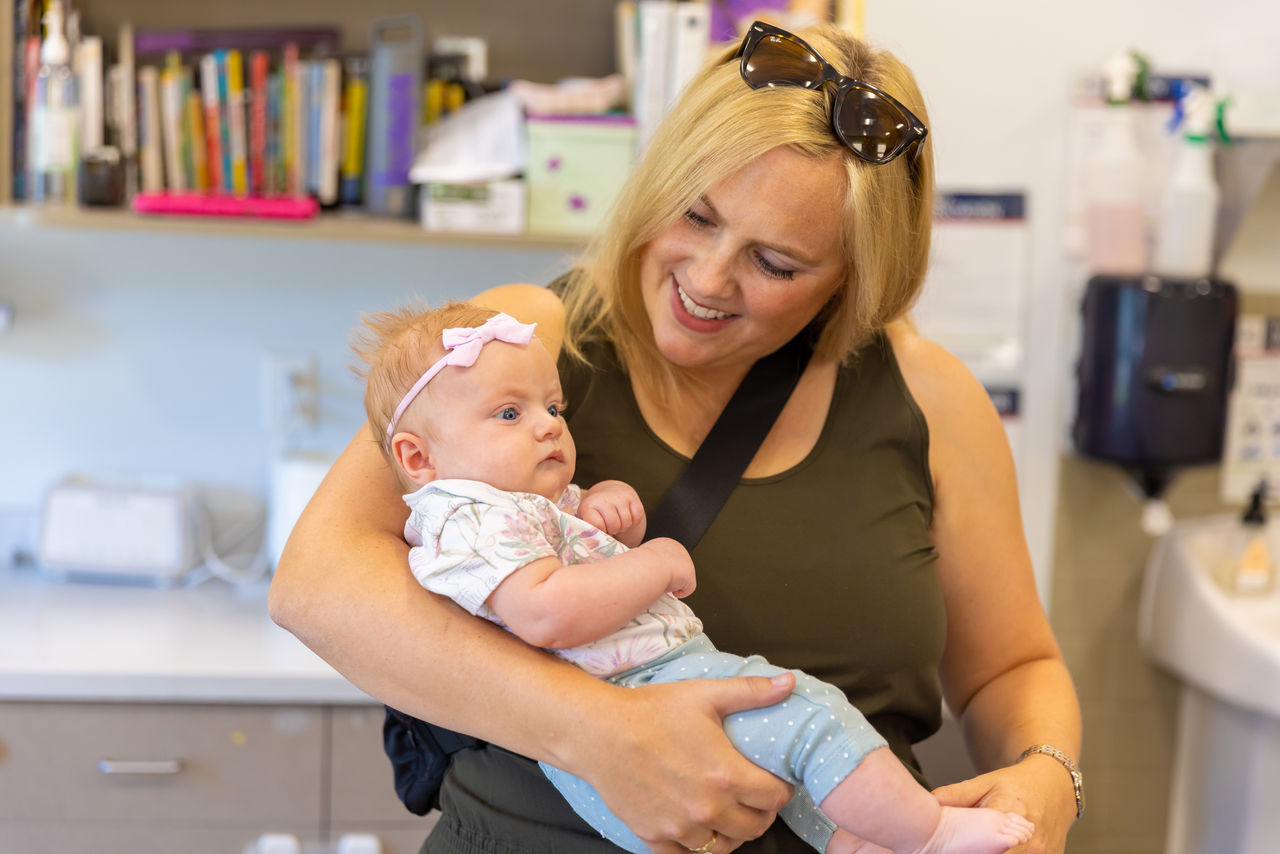Science is more than test tubes, microscopes and formulas. Scientific thinking involves asking questions, learning from mistakes, trying again, exploring new activities and solving problems. Children are natural scientific thinkers, and they want to learn and solve problems.
Young children benefit from the active, hands-on activities that foster scientific learning in every Goddard School classroom. Encouraging your young scientists at home is easy and fun. As you try the following activities with your children, talk about what is happening, ask questions and encourage them to describe what they see.
- Bake with your children. Watch yeast rising, or see what happens if you don’t follow the recipe carefully;
- Grow flowers or a vegetable garden. Chart your plants’ growth and note any changes. Enjoy harvesting your garden together, and let your children help make a healthy salad for your family;
- Visit a farmers’ market or a farm to learn about animals, the effects of weather on plants and more;
- Take apart an old clock or phone and reassemble it;
- Make steam or watch ice melt;
- Look for patterns in the natural world, such as the lines in bark or the symmetry of flower petals. Describe the sights, smells and sounds you experience on a walk;
- Offer your children magnifying glasses;
- Visit a children’s museum or natural history museum;
- Go outside at night and look at the stars;
- Ask your children what will happen when you roll a ball, walk a Slinky down stairs, manipulate clay and use other items, and then test their hypotheses. This can be a lot of fun.
*An adult should oversee all activities. Activities may not be appropriate for all ages.




